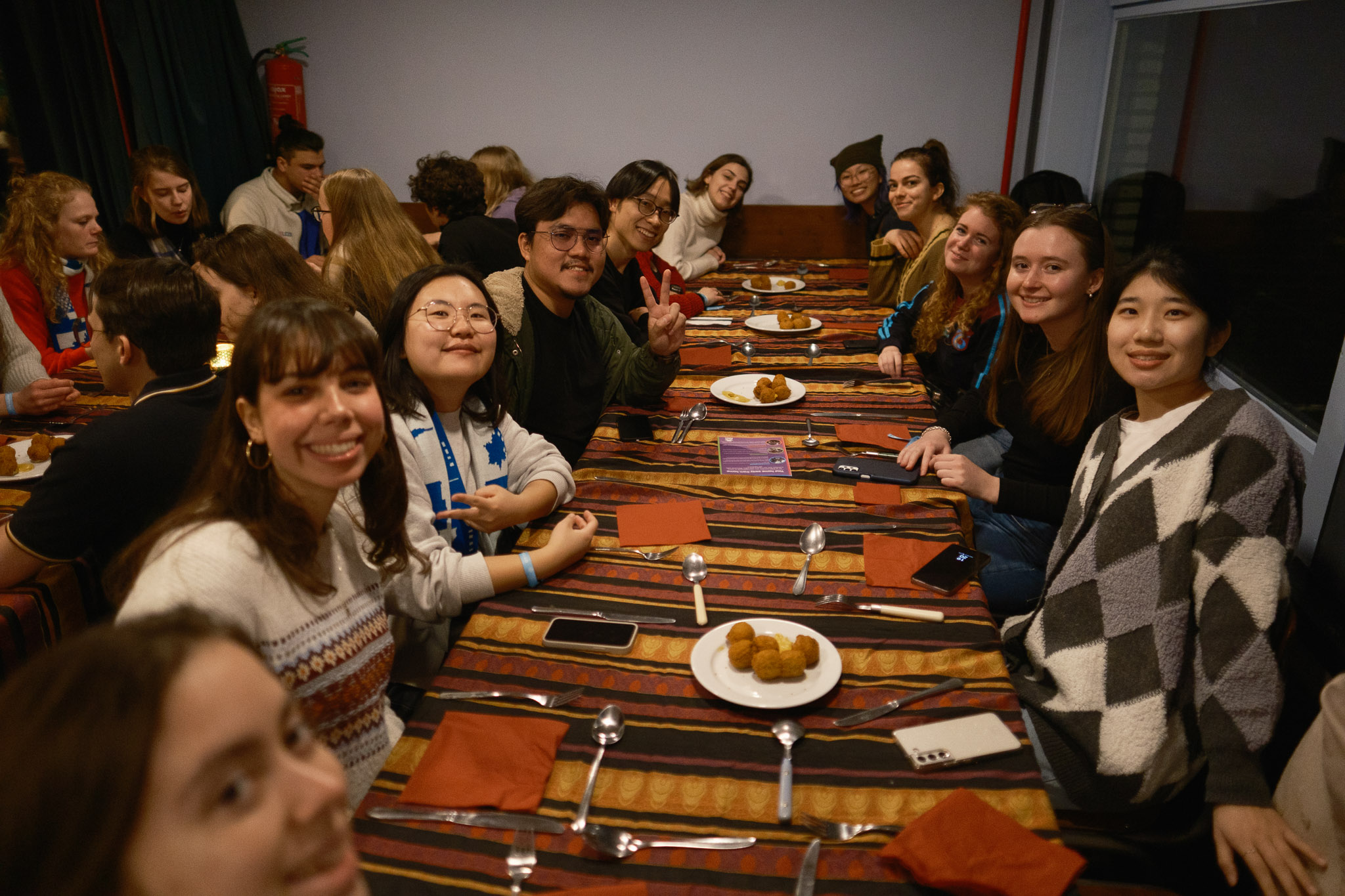‘Be aware, it’s a scam!’ Last week, plant pathology researcher Lorena Herrera posted this warning on Facebook’s Wageningen Student Plaza after she and a number of her friends had received several calls allegedly from ‘the Dutch Supreme Court’ or ‘the Dutch police’. Herrera unsuspectingly picked up the phone, but soon noticed that she was dealing with spoofing, a sophisticated form of fraud.
The calls follow a fixed pattern. The phone screen displays a normal 06 or 070 number. When you pick up, an English voice message from ‘the Dutch Supreme Court’ or ‘the Dutch police’, for example, tells you that your telephone number or citizen service number has been linked to criminal practices and, in short, that you are in big trouble. If you then dial 1 as requested to speak to someone from the ‘Dutch Ministry of Justice’, you get someone on the line who speaks English with a strong Indian accent.
Cunning and brutal
Herrera, who is originally from Colombia, knows the Dutch government well enough to be suspicious: something is not right here. But if you have only been in the Netherlands for a short time, it is easy not to realize that you are being misled. It is understandable that you do indeed believe that your citizen service number has been linked to a crime, that your visa is in jeopardy and that the only way to avoid even more trouble, as your counterpart tells you, is to pay a hefty fine. You won’t get the chance to think about it calmly, because your interlocutor keeps rattling on and on: everything will be all right only if you transfer that amount right now. But if not…
And that is how you are cheated very cunningly and brutally. There are no hard numbers, but according to the police, international students and expats are particularly affected. And they can lose a lot of money: according to the National Fraud Helpline, spoofing victims lose 8500 euros on average.
Psychological impact
At Delft University of Technology, several international students have fallen victim. Resource has not been able to find out whether WUR students or employees have been cheated out of their money. We do know however that there was at least one close call with an international student who had been in Wageningen for only a month; fortunately disaster was prevented thanks to the alertness of the bank. Added to Herrera’s experience, plus at least five other incidents amongst her international WUR friends, this shows that people need to be careful here too.
The Dutch police — the real ones, that is — produced an English-language explainer (see below) last week to prevent even more internationals from being duped. Useful information can also be found in the extensive reconstruction by Delta, Delft University’s equivalent of Resource, which also discusses the (great!) psychological impact. And speaking of that: it is not the internationals’ fault, it could happen to anyone. The same modus operandi has also been used to persuade a few thousand Dutch people to hastily ‘safeguard’ their savings by temporarily transferring them to a ‘safe deposit account’, after an alarming phone call supposedly from their bank. You can guess the outcome…

 Photo Shutterstock
Photo Shutterstock 

